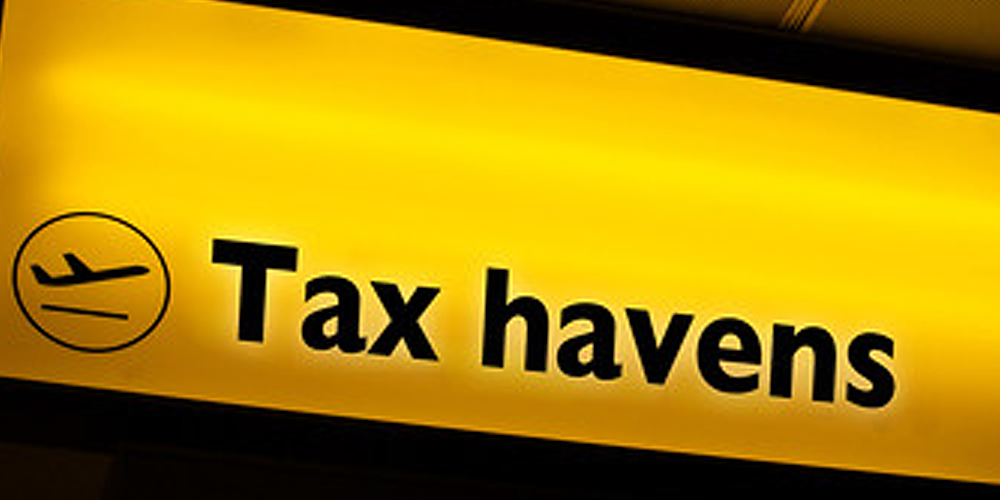Ireland has an FDI-dependent economy, of that there is little doubt or even disagreement across the political spectrum. Approximately 280,000 workers are directly employed by FDI and 30% of Dublin jobs are in FDI companies. This job dependency grows significantly when we consider jobs indirectly associated to the presence of FDI in Ireland rising to about one quarter of all private sector jobs. Foreign corporations paid 86.5% of corporate tax receipts in 2022 and their employees paid about one-third of all income tax receipts in 2020. Or in other terms FDI in Ireland was 254% of Gross Domestic Product (GDP) at the end of 2022, approximately four times the EU average. Traditionally, socialists view FDI in terms of use of cheap labour, access to resources and markets, and can be seen in the massive shift in both manufacturing and increasingly technologically-delivered services to the Global South. This perspective was summarised well by Niall Cullinane in a recent Socialist Voice article[1]:
“where FDI is seen as the export of capital from the advanced capitalist core, led by monopolists, to peripheral countries. The motive behind this is clear: to secure higher rates of surplus value no longer attainable within the core. This capital export seeks cheaper labour, untapped markets, or natural resources unavailable elsewhere. Lenin’s view highlights the parasitic nature of this dynamic, where imperialists extract wealth from the periphery, which flows back to the capitalist class of the core, sometimes trickling down to ‘their’ labour aristocracy. For the periphery, the outcome is subordination and dependence.”
However, Ireland’s primary position in this relationship differs than the traditional periphery, or neo-colony, and hence the basis of class support for the state here also differs. Ireland is not today a cheaper labour site for global capital to extract super-profits. This differs from the traditional Marxian view of FDI and capital export from core countries, which usually describes the labour structure as high-skilled roles remaining in the core with low-skilled, often agency or outsourced providers in countries in receipt of FDI, the periphery. Nor is Ireland primarily a site of untapped markets (although access to EU markets is important) or resource extraction (with some exceptions of course). It is primarily a location of tax advantage for monopoly capital or tax arbitrage. This latter term is defined by “His Majesty’s” Revenue Commission as “the exploitation by multinational groups of asymmetries between different tax regimes (tax regimes do not always match each other equally), to achieve a reduction in the overall level of tax payable by the group.” The Apple Tax case is just one glaring example of this, and the role played by the Irish state in defending this advantage because of the benefit it as a state gains through this system. But even leaving aside “side deals”, the state’s tax policy is to take advantage of tax arbitrage on behalf of predominantly US monopoly capital.
Irish “nationalist” politician John Redmond’s view of Irish independence was essentially that we would gain from clinging on to the coattails of imperialism. Redmond’s class view won. This is essentially the very essence of the state today. However, Ireland’s position within this system is not based on cheap labour, as mentioned above. Wages in the FDI sector are comfortably higher than other workers in the country: one estimate was nearly twice the average industrial wage, while also significantly skewing the actual metric of average industrial wage. And, importantly, these wages are broadly comparable, in fact often higher, than the domestic source of said FDI. This creates Lenin’s “labour aristocracy” but not in a core country, in a dependent country, many of whom, certainly in the earlier waves of FDI, are in fact unionised. This understanding can help to explain recent election results and why a significant number of working people vote for FF or FG. They are in effect voting to maintain their material conditions and relative material advantage, a rational thing to do, gained via Ireland’s position within global imperialism.
The fact that Ireland is a former colony, a dependent, non-core country within the global imperialist order, yet with a sizable and significant labour aristocracy, makes the material class forces for a socialist strategy here complex. For Lenin, socialists in core countries needed to go “lower and deeper” to the “real masses” and avoid the upper-strata of the working class and the political confusion that they bring. Samir Amin called for socialists in core countries to build an anti-monopoly bloc grounded in that non-labour aristocracy working class. However, in dependent countries, Amin called for a revolutionary de-linking strategy aimed at building a sovereign project in opposition to the domestic comprador class and the global imperialist world-system. Given Ireland’s somewhat unique position, in that it has both a domestic comprador class but also a sizable labour aristocracy both supportive of the state and imperialism (elements of both peripheral and core class dynamics), then it may be those workers not materially tied to the FDI advantage who provide the force and impetus for the necessary sovereign project delinking Ireland from the imperialist order and building a united Ireland, less dependent economically on facilitating global imperialist capital flows and parasitical tax avoidance. Can an explicitly socialist popular front strategy pull this material force together for a socialist and united Ireland?
References:
[1]Cullinane, N. (2024) “Foreign investment, the productive forces and Ireland” Socialist Voice November 2024 issue: https://socialistvoice.ie/2024/11/foreign-investment-the-productive-forces-and-ireland/






